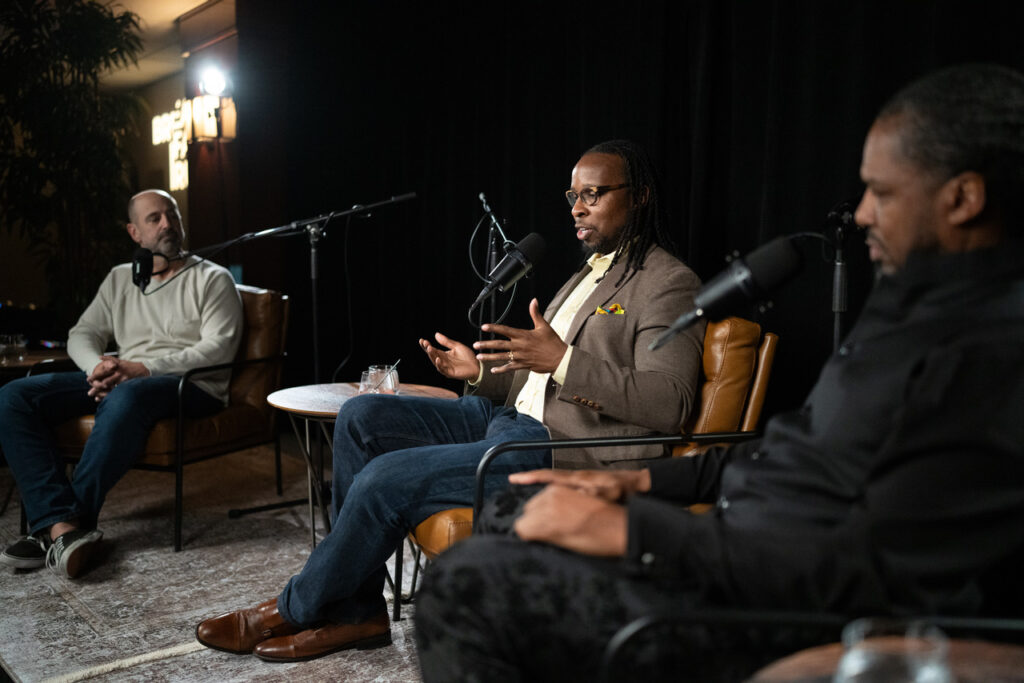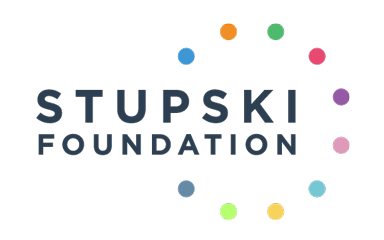June 20, 2024
Episode 7 of “Break Fake Rules” calls on donors to use every funding tool in the toolkit to advance racial justice
Welcome back to “Break Fake Rules”! This month, we’re getting down to the brass tacks of philanthropic tax status. In the United States, one of the most important yet under examined components of philanthropic giving is the tax incentivization structure that determines how donors designate funds long before they reach the communities doing the work. It turns out that most donors are limiting themselves and their ability to support the issues they care about simply by funneling philanthropic dollars through inherently restrictive 501(c)(3) funding. Fortunately, Ludovic Blain, executive director of the California Donor Table, joined us to demystify the options available to individual donors to maximize the impact of philanthropic dollars to advance a multiracial democracy. As Ludovic explains,
“There is no issue where the bad guys are only spending 501(c)(3) money. There is no issue where in fact the bad guys are spending mostly 501(c)(3) money. But on the left, we have a whole industry of folks who are essentially trying to figure out the most strategic way to play checkers in a chess game.”
Episode 7: “From Power Building to Power Wielding” with Ludovic Blain
Breaking rules, one episode at a time. Explore the Break Fake Rules podcast.
In this episode, we’re lucky to have Ludovic on the show to break down the limits of 501(c)(3) funding and explain the benefits of coordinating the full set of funding tools available to individual donors from 501(c)(4) funding and direct political contributions. Ludovic delivers a master class in philanthropic funding and donor organizing for social change. Learn about how individual donors can maximize the impact of their dollars before solely designating them to 501(c)(3) structures and how foundation staff who are locked into (c)(3) funding can play an important coordinating role to support the wider ecosystem.
Watch the abbreviated version on YouTube or listen to the full discussion wherever you get your podcasts.
This episode is sure to broaden your perspective of what becomes possible when we use all the funding tools available to advance social change. Whether you’re an individual donor deciding how to designate your funds or you’re working inside a 501(c)(3) foundation, there is a role we can all play to better coordinate philanthropic funds. By using all the tools in the funding toolkit, we can not only build community power but sustain it for good.
“Whether your commitment is to racial justice, anti-white supremacy, whatever the value piece is, you can express that across every tax status. And, in fact, when individual donors on their first decision lock up the money, that lowers the ceiling of their ability to pursue their goals. So, putting money just into 501(c)(3) activities is in and of itself less just.”
Ludovic Blain
Up Next
Next month, we’re bringing you a recording of our first ever live show in front of a studio audience from Grantmakers for Effective Organizations (GEO) in Los Angeles! Tune into the episode on July 17 to learn from our special guests: leading antiracist scholar, Dr. Ibram X. Kendi, and CEO of GEO Marcus Walton as they break down what it takes to become an antiracist funder.
Stay tuned for details on Stupski’s Instagram and LinkedIn.

New episodes of “Break Fake Rules” drop monthly.
We want to hear from you. Which fake rules do you want to see philanthropy break next? Share your thoughts with us on YouTube, and join the conversation with Glen on LinkedIn.

Latest Perspectives News
Read the latest news about our grant-making, our partners, and how we are spending down.


